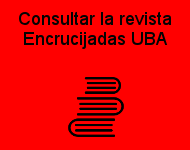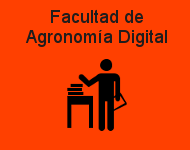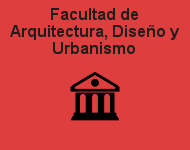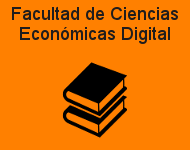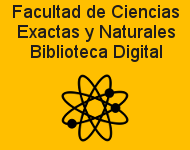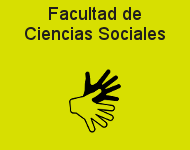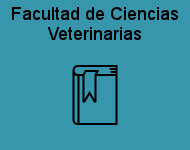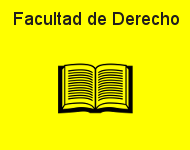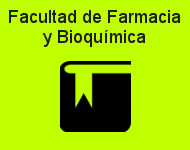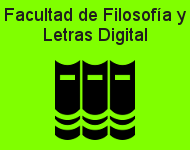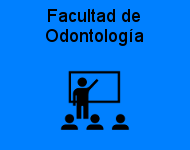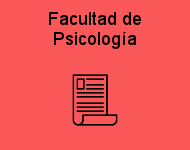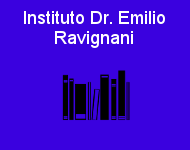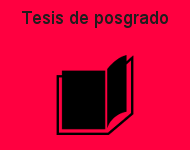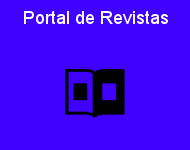3 documentos corresponden a la consulta.
Palabras contadas: semantics: 10
Figueira, S. - Gorín, D. - Grimson, R.
J. Comput. Syst. Sci. 2010;76(5):333-346
2010
Temas: Compositional semantics - Flattening operator - Full abstraction - Independence friendly logic - Regular formulas - Signaling - Valuation - Bound variables - Classical logic - Compositional semantics
Descripción: In classical logics, the meaning of a formula is invariant with respect to the renaming of bound variables. This property, normally taken for granted, has been shown not to hold in the case of Independence Friendly (IF) logics. In this paper we argue that this is not an inherent characteristic of these logics but a defect in the way in which the compositional semantics given by Hodges for the regular fragment was generalized to arbitrary formulas. We fix this by proposing an alternative formalization, based on a variation of the classical notion of valuation. Basic metatheoretical results are proven. We present these results for Hodges' slash logic (from which these can be easily transferred to other IF-like logics) and we also consider the flattening operator, for which we give novel game-theoretical semantics. © 2009 Elsevier Inc. All rights reserved.
...ver más Tipo de documento: info:ar-repo/semantics/artículo
Braberman, V. - López Pombo, C. - Olivero, A.
Electron. Notes Theor. Comput. Sci. 2002;65(6):60-67
2002
Temas: Algorithms - Chaos theory - Formal logic - Iterative methods - Mathematical models - Mathematical operators - Semantics - Set theory - Backwards verification - Chaotic iteration
Descripción: Fil:Braberman, V. Universidad de Buenos Aires. Facultad de Ciencias Exactas y Naturales; Argentina.
...ver más Tipo de documento: info:ar-repo/semantics/artículo
Mesz, B. - Sigman, M. - Trevisan, M.
Front. Human Neurosci. 2012(MARCH 2012)
2012
Temas: Algorithm - Composition - Cross-modal - Language - Music - Semantics - Taste - adult - article - association
Descripción: While there is broad consensus about the structural similarities between language and music, comparably less attention has been devoted to semantic correspondences between these two ubiquitous manifestations of human culture. We have investigated the relations between music and a narrow and bounded domain of semantics: the words and concepts referring to taste sensations. In a recent work, we found that taste words were consistently mapped to musical parameters. Bitter is associated with low-pitched and continuous music (legato), salty is characterized by silences between notes (staccato), sour is high pitched, dissonant and fast and sweet is consonant, slow and soft (Mesz2011). Here we extended these ideas, in a synergistic dialog between music and science, investigating whether music can be algorithmically generated from taste-words. We developed and implemented an algorithm that exploits a large corpus of classic and popular songs. New musical pieces were produced by choosing fragments from the corpus and modifying them to minimize their distance to the region in musical space that characterizes each taste. In order to test the capability of the produced music to elicit significant associations with the different tastes, musical pieces were produced and judged by a group of non musicians. Results showed that participants could decode well above chance the taste-word of the composition. We also discuss how our findings can be expressed in a performance bridging music and cognitive science. © 2012 Mesz, Sigman and Trevisan.
...ver más Tipo de documento: info:ar-repo/semantics/artículo


